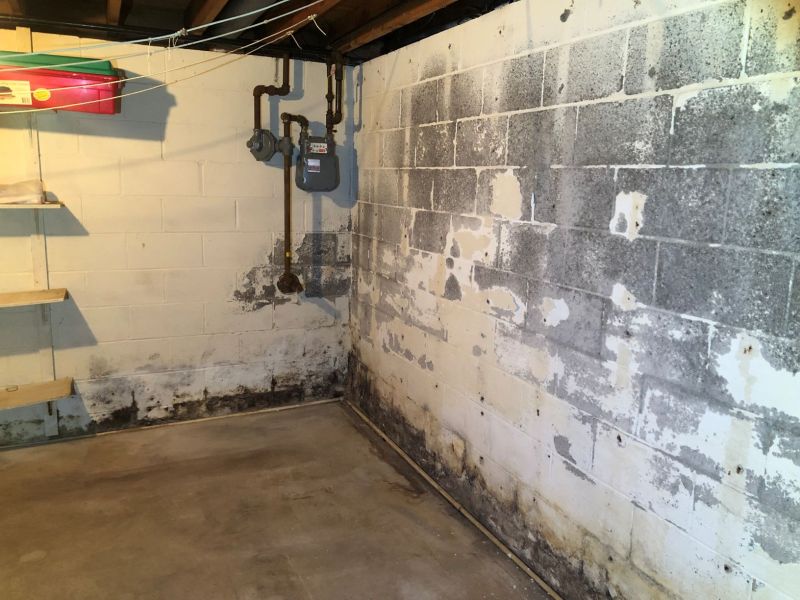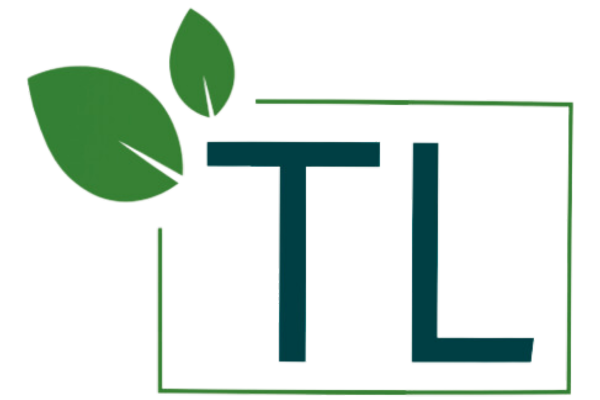
Unveiling The Hidden Dangers Of Mold In The Homes Of Nashville, Tennessee
Mold is more than just an unsightly nuisance; it’s a silent invader that can wreak havoc on your health and home. In Nashville, with its humid summers and variable weather, homes can be particularly susceptible to mold growth. Despite its serious implications, many people in Nashville underestimate the dangers mold poses. Whether you’re a homeowner in East Nashville, a renter in The Gulch, or someone concerned about your health in Green Hills, understanding mold and how to combat it is crucial. This blog will uncover the hidden dangers of mold in Nashville, address common misconceptions, and provide actionable steps to safeguard your living environment. Plus, we’ll invite you to our upcoming webinar where we’ll dive deeper into how to identify and eliminate mold from your home and body.
Understanding Mold and Its Impact in Nashville
What is Mold? Mold is a type of fungus that grows from tiny spores floating in the air. While these spores are everywhere, they only become problematic when they find a moist environment to settle and grow—something Nashville’s climate often provides. Whether you live in a historic home in Germantown or a new build in Brentwood, mold can have devastating impacts on your health if not properly managed.
How Mold Grows Indoors in Nashville For mold to grow, it needs three key elements: moisture, warmth, and an organic food source. Unfortunately, many homes in Nashville provide the perfect conditions for mold to thrive, especially during the humid summer months. Areas like bathrooms, basements, and areas around windows are particularly susceptible due to high humidity levels and the presence of organic materials like wood and drywall.
Even a small water leak or high humidity level can provide enough moisture for mold to begin growing. For example, a bathroom in your Nashville home that isn’t well-ventilated after showers can develop mold in the corners of walls or ceilings. Similarly, basements prone to dampness can become breeding grounds for mold, especially if they are not properly sealed or ventilated.
The Health Risks of Mold in Nashville Mold exposure can lead to a wide range of health effects, depending on the type of mold, the extent of exposure, and an individual’s sensitivity. With Nashville's unique climate, residents might face both short-term and long-term health effects from mold exposure. Symptoms like coughing, wheezing, or more severe conditions like chronic respiratory diseases can develop. Understanding these risks is the first step in protecting your home and health from the dangers of mold.
Common Objections to Mold Concerns in Nashville
(and How to Overcome Them)
Objection 1: "I Don’t See Any Mold, So My Home Must Be Safe" Just because you don’t see mold growing on your walls or ceilings doesn’t mean your Nashville home is mold-free. Mold can grow in hidden areas such as behind walls, under carpets, inside HVAC systems, and even within insulation. Musty odors, unexplained allergic reactions, or persistent respiratory symptoms in Nashville's humid environment could all be signs that mold is lurking out of sight.
Objection 2: "A Little Mold Won’t Hurt" It’s easy to dismiss a small patch of mold as harmless, especially if it’s in an out-of-the-way area. However, mold doesn’t stay small for long, especially in Nashville’s climate. Even small amounts of mold can release spores into the air, which can travel throughout your home, affecting your indoor air quality and posing health risks.
Objection 3: "Mold Remediation is Too Expensive" While it’s true that professional mold remediation can be costly, the price of ignoring mold in your Nashville home can be much higher in the long run. Simple preventive measures, such as controlling humidity levels, fixing leaks promptly, and ensuring proper ventilation, can prevent mold from becoming a significant issue. Addressing mold as soon as possible can reduce the scope and cost of remediation.
Objection 4: "Mold Only Affects Your Home, Not Your Health" Another misconception is that mold is merely a household nuisance rather than a health hazard. In reality, mold exposure has been linked to many health conditions, including asthma, chronic sinus infections, and neurological issues. Addressing mold in your Nashville home is not just about protecting your property; it’s about safeguarding your health and the well-being of your family.
Steps to Protect Your Nashville Home and Health from Mold

Preventing Mold Growth in Nashville
- Control Humidity Levels: In Nashville, keep your home’s humidity level below 60%, ideally between 30% and 50%. Dehumidifiers are especially useful during Nashville’s humid summers.
- Fix Leaks Promptly: The moment you spot a leak, repair it immediately. Nashville homes, especially older ones, are prone to leaks that can lead to mold growth if not addressed quickly.
- Ensure Proper Ventilation: Proper ventilation is crucial, especially in areas like kitchens and bathrooms. Use exhaust fans to vent moisture outside.
- Use Mold-Resistant Products: Consider using mold-resistant drywall, paint, and insulation when building or renovating your Nashville home.
Identifying Mold in Your Nashville Home
- Conduct Regular Mold Inspections: Make it a habit to regularly inspect your Nashville home for mold, especially in moisture-prone areas.
- Pay Attention to Musty Odors: A persistent musty odor in your home could be a sign of hidden mold.
- Use Mold Testing Kits and Professional Services: If you suspect mold, consider using a mold testing kit or hiring a professional mold inspector.
Removing Mold Safely in Nashville
- DIY Mold Removal: For small mold infestations, clean the moldy area with a mixture of water and detergent or use white vinegar or hydrogen peroxide.
- When to Call in Professionals: For larger infestations, hire a professional mold remediation service in Nashville.
Addressing Mold Holistically in Nashville
Mold in the body can have serious consequences, particularly in Nashville's humid environment. Detoxifying your body from mold exposure includes:
- Diet and Nutrition: Focus on a diet rich in antioxidants and avoid sugar, processed foods, and alcohol.
- Supplements: Consider supplements like binders, glutathione, probiotics, NAC, and fish oil.
- Environmental Detox: Thoroughly clean and, if necessary, professionally remediate any mold in your home. Use air purifiers with HEPA filters.
In conclusion, mold is more than just a nuisance in Nashville; it’s a silent threat that can significantly impact both your home and your health. By understanding the hidden dangers of mold, recognising the signs of its presence, and taking proactive steps to prevent and address mold growth, you can protect your living environment and well-being.
Join Our Webinar: We invite you to join our upcoming webinar, where we’ll dive even deeper into how to identify and eliminate mold from your Nashville home and body.
Bonus:
Access the Tonya LaHatte Mycotoxin Detox Protocol Get instant access to my Mycotoxin Detox Protocol, a comprehensive guide designed to help you detoxify your body from mycotoxins.

